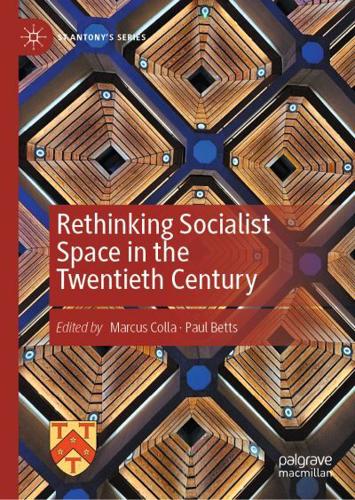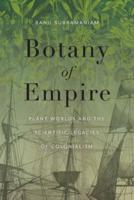Publisher's Synopsis
This edited collection explores the problem of space under socialist regimes in the twentieth century. Bringing together contributions from international scholars with expertise in the architectural, urban, social, and cultural history of twentieth-century socialism, the book includes examples from China, Africa, Mongolia, Eastern Europe and the USSR. The volume reflects on how developments in the field over the past two decades have altered our understanding of how such spaces were constructed (both literally and discursively), how they could become sites of contested meanings, and how they were perceived outside the socialist world. Moreover, the volume is concerned with how scholarly approaches associated with post-colonialism, global history, gender history, and the 'temporal' and 'sensory' turns have reconfigured our knowledge of, and approach to, the history of socialist space.











